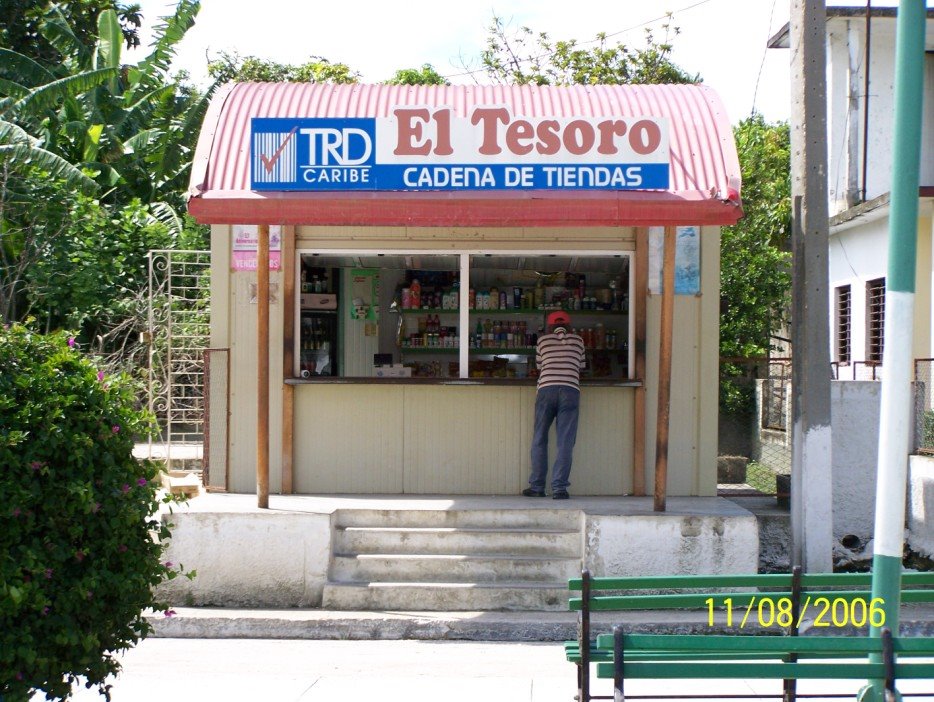Some time ago, as I began to write a text about my country, I surprised myself with this thought: “… it seems as though a change toward participatory democracy is becoming reality.” That was my inspiration which turned into my written words, but before finishing the text, a friend whom I asked to critique my writing suggested I should eliminate that idea. It was a notorious moment. Although the concept was never devoid of free will, at some point I wanted to convey a very distant but not outlandish hope. Revisiting after seeing the activities for the 55th anniversary of the Triumph of the Revolution and hearing the speech of the President of the Council of State and Ministers, it is nonsense.
Perhaps the signs that provide guidance to the analysts or the media are not the same that take into account the Cuban people. continue reading
In the brief horizon of my country fit the many stories and accountable actors, sins of deed and omission, events as much as processes. But no factor is more impactful as the deterioration of the political system, increasingly less able to represent the national interests, build consensus and make decisions within a reasonable time to be implemented.
A country that each day becomes more ungovernable, even though all the year end data and statistics continue to be the “best” of Latin America, though the trend is worse and ominous.
The growing dissatisfaction of the Cuban people is real. If the government was never good at completing things now it is not even able to start them. The constant creation of experiments is an example of its mediocrity.
Creative politics that stopped being rational with the collapse of socialism in Europe. The government allows small tactical victories for certain groups at the expense of a colossal strategic defeat for society.
The status quo of our political system is no longer tenable and hurts us all, though many may not realize it yet. It is time to reexamine from its foundation, so we do not leave as inheritance to the next generation this longing for the dream of a developed country, with all and for the good of all.
Translated by: Yoly from Oly
21 March 2014






